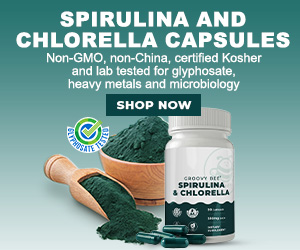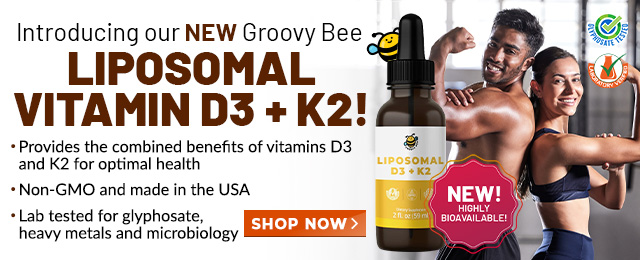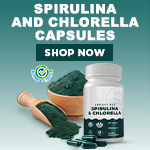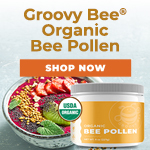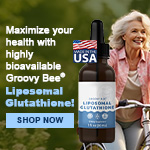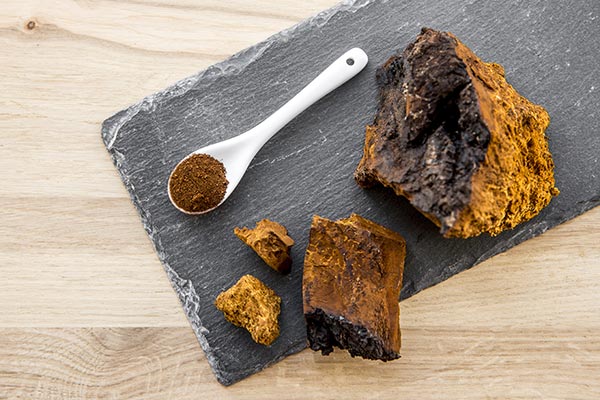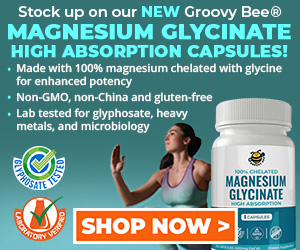
Intense marketing efforts from portions of the food and health industry have conditioned people to believe that saturated fats are deadly and that supposedly low-fat products, along with artificial sweeteners, are great for health. This is coupled with the lie that GMO foods pose no harm to the human physiology. These are simply not true.
While many at the forefront of the movement for natural health are dispelling many of these myths, there is still a lot of work to be one. One such myth that is still pervasive is about cholesterol and its role and effects on the human body.
There are two kinds of cholesterol: low-density lipoprotein (LDL) and high-density lipoprotein (HDL). When people talk about how bad cholesterol is, they usually refer to LDL cholesterol. HDL cholesterol needs to be mentioned more because of the health benefits it can actually provide for the body.
The role and importance of cholesterol
The blood vessels become damaged in a variety of ways. It can be damaged because they are structurally weak or through irritations caused by free radicals and viruses. When the blood vessels feel irritated, the body’s natural defenses kick in and release a healing substance known as cholesterol.
Cholesterol is a waxy, fatty substance that is produced in the liver and in most human cells. It plays many vital roles in maintaining good health. Here are several of them.
- Cholesterol provides the cells with stiffness and stability. When you consume foods that contain excess amounts of polyunsaturated fatty acids such as omega-6, it replaces the healthier saturated fatty acids in the cell membrane. This causes the cell walls to become flabby. When this occurs, your body drives cholesterol into the tissues to give them structural integrity.
- Cholesterol acts as precursor to hormones that help people deal with stress. The hormones also protect the body against conditions like heart disease and cancer.
- Cholesterol also acts as a precursor to the sunshine vitamin, vitamin D. The body needs this fat-soluble vitamin for healthy bones, a healthy nervous and immune system, good muscle tone, mineral metabolism and insulin production.
- The body needs cholesterol for the production of bile salts. Bile salts are the greenish-yellowish fluid that the liver makes for the gallbladder. Bile salts are vital for digestion and the assimilation of fats.
- Cholesterol acts as an antioxidant. Antioxidants protect the body from free radical damage, which decreases the risk of heart disease and cancer.
- Cholesterol is necessary for the proper function of serotonin receptors in the brain. Serotonin is the “feel good” chemical. Low levels of cholesterol in the body have been linked to increased risk of depression, suicidal ideation and aggressive and violent behavior.
- Breast milk is rich in cholesterol. This milk contains special enzymes that help the baby utilize this nutrient. This, along with foods rich in healthy cholesterols, help children’s brains and nervous systems develop properly.
- Dietary cholesterol helps keep the intestinal walls healthy. This is why vegetarian low-cholesterol diets increase the risk of intestinal disorders like leaky gut syndrome.
Unlike what many have been led to believe, cholesterol is not the cause of heart disease. It is a potent antioxidant that helps protect against free radicals in the blood, and it is a repair substance that helps heal arterial damage. However, cholesterol that is damaged by exposure to heat and oxygen becomes oxidized and can promote injury to the arterial walls as well as chronic build up of plaque in the arteries. Foods with damaged cholesterol include powdered eggs, milk, and meat that has been heated to high temperatures through cooking methods such as frying.
Interestingly enough, high serum cholesterol levels often mean the body is using high amounts of cholesterol to protect itself from high levels of altered, free-radical containing fats. Cholesterol is needed in a poorly nourished body to help protect the individual from things like heart disease and cancer.
Large amounts of cholesterol in the body will still be detrimental to your health. However, keeping bad cholesterol away shouldn’t be a problem, especially if you exercise regularly, choose to eat healthy and natural foods, don’t smoke and only consume alcohol in moderation. Don’t throw out all of the cholesterol in your diet, some of it may just lower your risk of debilitating illnesses down the line.
Sources:

